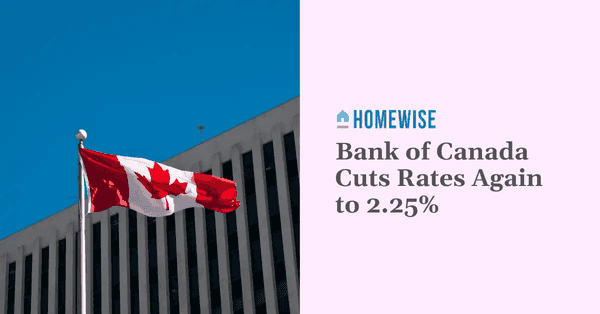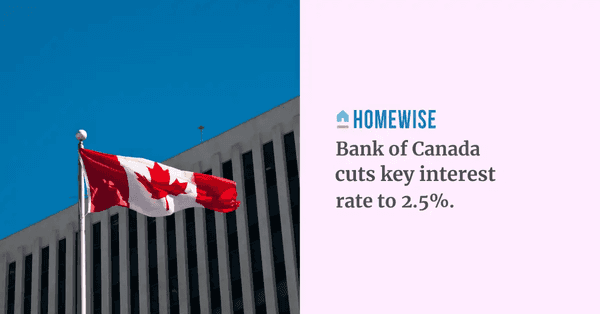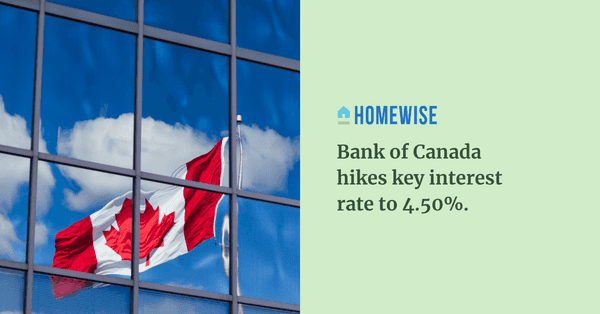In March 2020, the Bank of Canada’s overnight interest rate was set at 0.25% – a historic low – to liven economic activity amid the COVID-19 pandemic. However, on March 2, 2022, the Bank of Canada (BoC) decided to raise its key interest rate for the first time in two years.
The BoC hiked its key rate to 0.5% in an effort to calm surging inflation, however, experts warn that high prices will remain the same for months to come. While their intention here is to keep inflation “well-anchored,” the BoC explains that global pressures will continue to push prices even higher. In their most recent statement, they said that the war in Ukraine is “a major new source of uncertainty,”which is driving oil prices and other commodities higher.
Following this announcement, Canada's Big Five said they would increase their prime rates to 2.70% from 2.45% as of March 3. It’s also important to note that this rate increase will hike the cost of loans such as variable rate mortgages, which are linked to the benchmark rate. However, those with fixed-rate mortgages won’t be directly impacted.
Fortunately, Statistics Canada recently shared that the economy grew at an annual rate of 6.7% in Q4 2021, which was stronger than the Bank of Canada had expected. As well, the BoC said it expects growth in the first quarter of this year to be more positive than its previous projections in January, and anticipates the job market setback to only be temporary. They also believe that strong household spending should strengthen further as public health restrictions ease across all Canadian provinces.









